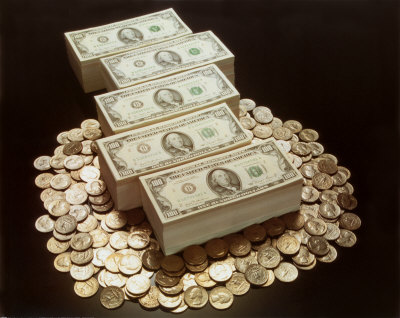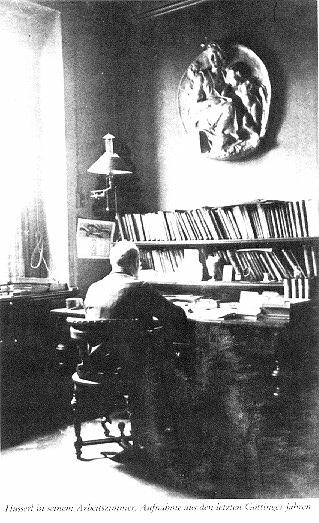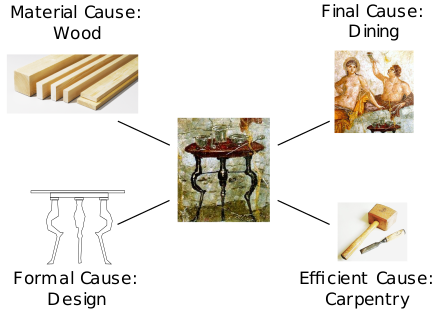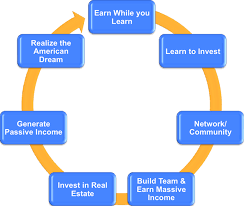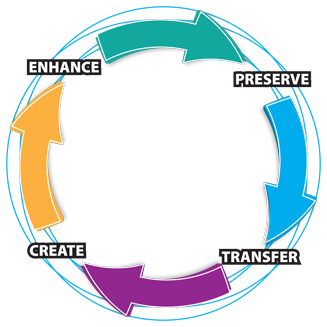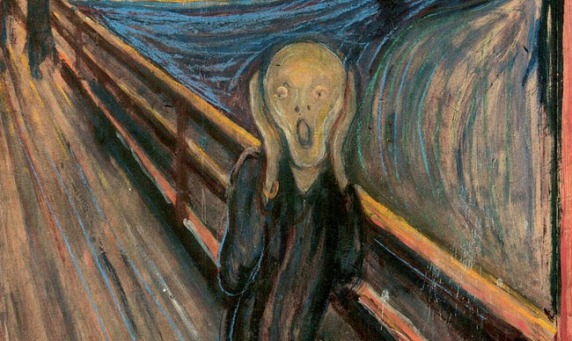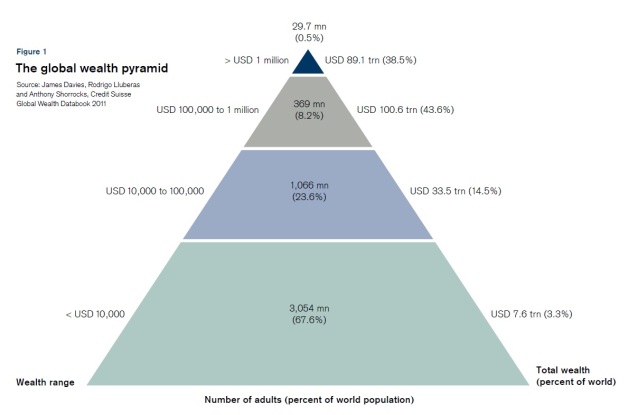
(If you haven’t read Part One yet, you can find it here: https://pauladkin.wordpress.com/2017/04/26/what-is-the-meaning-of-life-part-one/ )
HUMAN IDENTITY AND NON-IDENTITY – WHERE SHOULD WE GO NEXT?
The species learns to love itself as the way it sees itself to be, which is the function power has given to cultures, nationalities and religions. Evolution beyond the human therefore becomes a terrifying concept; an evolution into monstrous non-human forms.
The formation of a Sapiens-species identity, an identity which would make us value the very part of our nature which makes us so unique – i.e. our intellect – would be an evolution in itself, paradoxically taking us away from our present concept of our humanity. And this idea makes the conservative part of our nature, so embedded in most of our identity factors, tremble. In this way, a fear of what our intellect can allow us to be makes us cut our most marvellous feature away from the idea of our humanity itself. Too much intellect makes us cold and in-human. But how can a sapiens intellect make a homo sapiens the opposite of what it is? How can human intellect, that which defines us as Sapiens, be anti-human if human beings are homo sapiens?
The idea of a cold-hearted species of beings with enormous brains and weak limbs makes us shudder. Weak limbs and a diminished sexual appetite: perhaps psychology will see here the unconscious fear of castration generated by our anti-intellectual Eros souls. Yet, in our massively over-populated world, Eros will also have to be tamed. Its lemming-instinct pride in unbridled propagation will need to be mitigated, if humanity, perhaps all life on Earth, is to survive.
Furthermore, if our essence lies (as we proposed in the first part of this essay) in the spiral relationship between knowing and technology, how is it that humanity is distrustful of the intellectual side of our natures?
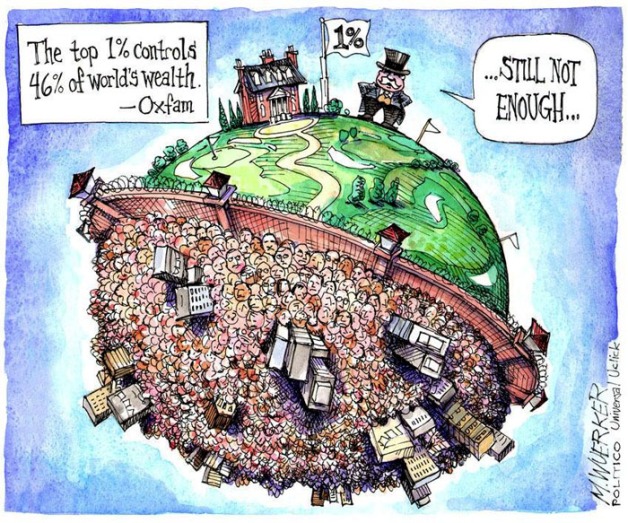
SAPIENS VERSUS WEALTH-AS-POWER
In order to understand this absurdity, we need to consider the relationship between Wealth-as-power and the essence of our Sapiens humanity.
Knowing and technology are caught up in a paradoxical relationship: knowing creates and enhances technology, but, at the same time technology creates and enhances knowing. Or in other words, we know enough to build things that help us to know more and build more things that help us build more and more things that … We’ve already tried to envisage this process, in the first part of this essay, and visualised it as a spiralling helix (like the DNA helix). Two pillars that are winding; parallel but interconnected. And the forward direction it is tunnelling through is what we called enhancement.
However, if this was all that was taking place, then human progress (its enhancement) would almost certainly have advanced far more rapidly and consistently on all levels. But this is not the case because enhancement is a double-pronged agent, pulled forward by two different forces. The social sapiens-animal, which we are, has two paths to follow: the Individual and the Universal path. This is the essential moral dilemma of all human beings.
It is within the area of this moral choice that Wealth-as-power steps in very heavy-handedly to take its own control of the Knowing/Technology helix.
The discourse of Wealth-as-power says that Universal enhancement is guaranteed by Wealth-as-power’s own enhancement. In fact, Wealth-as-power says, Universal enhancement can only come about if the enhancement of Wealth-as-power itself is guaranteed.
But, the effect of this intervention is to curve the helix around and away from forward-moving enhancement, into a circular, cyclical process.
Wealth-as-power needs its measure of man to ascertain its own enhanced position over and above humanity itself. The Universal makes Wealth-as-power essentially meaningless, because wealth and power only have purpose if they are always in a quantitively dominant position in which meaning is derived by the difference in distance from the rest. The question asked by Wealth-as-power is never “What can we do?” but “What can Wealth-as-power do that no-one else can do?”.
“If the Universe is to exist,” thinks Wealth-as-power: “Then it may only do so in the form of my own Universal Power.”
In order for Wealth-as-power to achieve this universality, it must divide, then conquer. But above all it must reduce the mass of humanity to the meagre realm of the people or the citizens; the flock or the followers. This flock is always subject to Wealth-as-power’s omnipotent systems and to the control of the Wealth-as-power-created reality.
Wealth-as-power appropriates enhancement for itself, and, in so doing, perverts the natural flow and unfolding of the meaningful essence of life. Within the singular truth/lie of the Wealth-as-power driven reality, Knowing is shackled and starved. Ignorance and forgetting are nurtured by Wealth-as-power to combat the essential nature of the Sapiens organism.
Wealth-as-power is a life-hindering force: an anti-life. Standing against the essence of life which is the enhancement gained through knowing and the technology that knowledge creates.
The essence, the meaning and the value of life is in the enhancement of knowing, but only when that enhancement is allowed to spring forward, unhindered, Universally.
This is not to deny or negate individual genius. Quite the contrary, rather it embraces the genius of all individuals and celebrates their discoveries in the collective process of the Universal-enhancement, which is an authentic, meaningful life-enhancement.
(If you haven’t read Part One yet, you can find it here: https://pauladkin.wordpress.com/2017/04/26/what-is-the-meaning-of-life-part-one/ )
